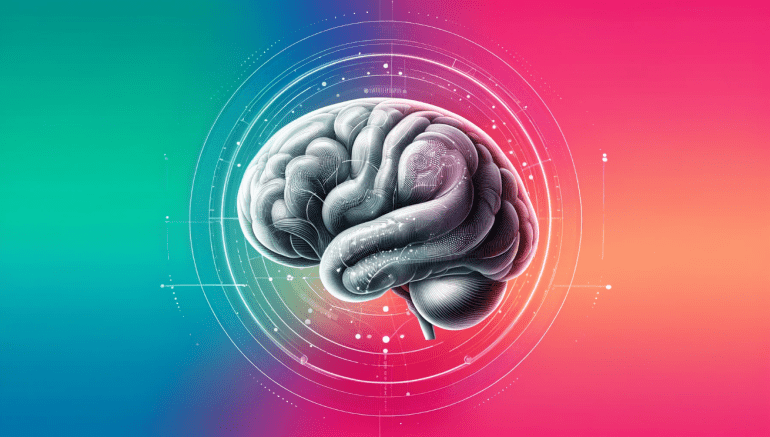- Groundbreaking study reveals LLMs, including ChatGPT, excel at understanding human thought processes.
- Led by Professor Cristina Becchio, the research challenges skepticism, demonstrating LLMs’ proficiency in mimicking human behavior.
- Despite cautionary voices, the study showcases LLMs’ remarkable capabilities in theory of mind tasks.
- GPT-4 emerges as a standout performer, matching human proficiency in false belief tests and surpassing in irony and narrative comprehension.
- Llama-2 exhibits mixed results, excelling in some areas while lagging in others.
- Critics urge nuanced interpretation, emphasizing the complexity of assessing machine cognition.
- Ethical considerations arise as AI-driven manipulation becomes a concern.
Main AI News:
Groundbreaking research reveals that large language models (LLMs) excel at understanding the complexities of human thought processes. Led by cognitive neuroscience professor Cristina Becchio from the University Medical Center Hamburg-Eppendorf, a study challenges conventional wisdom, demonstrating that LLMs, such as ChatGPT, possess remarkable capabilities akin to human intuition.
Published in Nature Human Behavior, the study defies initial skepticism. “Before the study, we doubted that LLMs could grasp subtle nuances of mental states,” says Becchio. Yet, the results astounded researchers, showcasing the LLMs’ prowess in mimicking human behavior.
Despite skepticism from some quarters, the study marks a significant milestone. However, cautionary voices urge restraint, emphasizing the complexity of assessing machine cognition. Experts warn against premature conclusions, highlighting the risk of overstating AI capabilities.
The study builds upon prior research, notably a preprint by psychologist Michal Kosinski of Stanford University. Kosinski’s work underscored the potential of LLMs, indicating their ability to navigate theory of mind tests effectively. However, subsequent scrutiny revealed limitations, suggesting LLMs often rely on superficial strategies.
Addressing these concerns, the current study adopts a comprehensive approach. Cognitive psychologist James Strachan, a co-author, underscores the rigor of their methodology. By subjecting LLMs to a battery of psychological tests, the study illuminates their nuanced understanding of human behavior.
Key findings reveal GPT-4’s remarkable performance across various tasks. Matching human proficiency in false belief tests, GPT-4 outperforms humans in irony, hinting, and complex narrative comprehension. Conversely, Llama-2 exhibits mixed results, excelling in certain areas while lagging in others.
Delving deeper into the results, researchers uncover insights into the LLMs’ decision-making processes. GPT-4’s cautious approach, attributed to stringent programming, sheds light on the delicate balance between accuracy and interpretation. Conversely, Llama-2’s performance nuances raise questions about test design and inherent biases.
While the study stops short of attributing theory of mind to LLMs, it underscores their ability to emulate human behavior convincingly. Strachan reflects on the implications, pondering the blurred line between imitation and genuine understanding.
Critics, however, remain skeptical. Yoav Goldberg and Natalie Shapira caution against overstating AI capabilities, urging a nuanced interpretation of the findings. Emily Bender, a prominent figure in computational linguistics, challenges the study’s premise, questioning its relevance to understanding LLMs’ inner workings.
Beyond academic discourse, the study prompts reflection on AI’s evolving role in society. As LLMs become adept at understanding human nuances, ethical considerations loom large. The prospect of AI-driven manipulation underscores the need for vigilance, reminding us of the delicate balance between progress and prudence.
Conclusion:
The revelation of LLMs’ mastery in theory of mind tasks heralds a transformative era in AI. Businesses must adapt to AI systems capable of nuanced human interactions, enhancing customer engagement and service delivery. However, ethical safeguards are imperative to mitigate risks associated with AI-driven manipulation and deception. As AI continues to evolve, enterprises must navigate the delicate balance between innovation and ethical responsibility to foster trust and reliability in the market.

